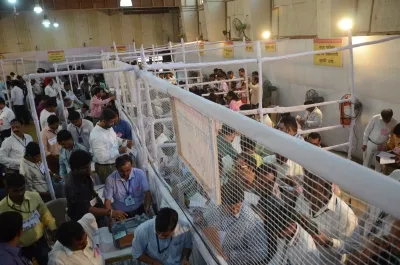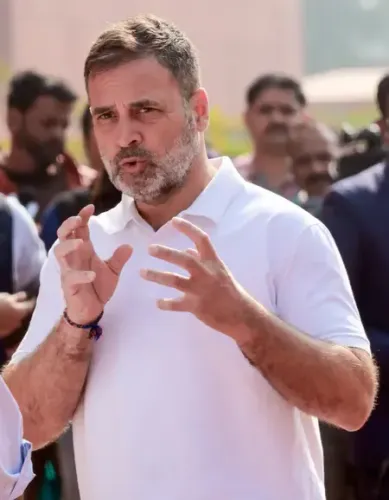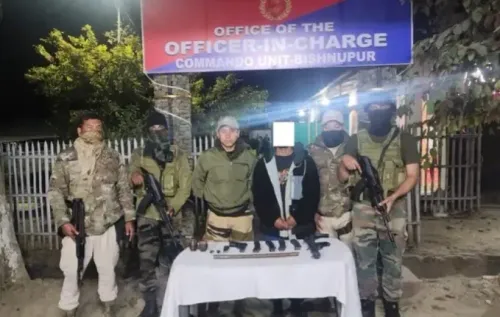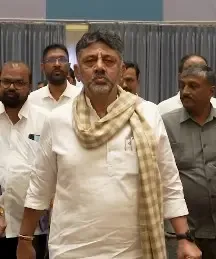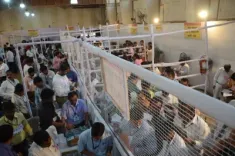Are Rebel Candidates Disrupting Campaign Momentum as Kerala Local Body Polls Approach?
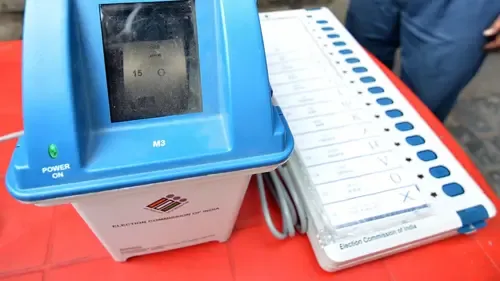
Synopsis
Key Takeaways
- Rebel candidates pose a significant challenge to major political parties.
- The elections are structured in two phases with results on December 13.
- Parties are dealing with internal dissent and challenges to their unity.
- These local body polls are critical as a precursor to the Assembly elections.
- The political atmosphere is charged, with allegations of corruption surfacing.
Thiruvananthapuram, Nov 25 (NationPress) With merely two weeks remaining before the Kerala local body elections, significant political factions have amplified their campaigning efforts, while rebel candidates have surfaced as a formidable obstacle.
Kerala's election process will occur in two phases: the initial phase on December 9 and the subsequent phase two days later, with results to be announced on December 13.
As enthusiasm builds at the grassroots level, political parties are contending with internal divisions, particularly in the Thiruvananthapuram and Ernakulam districts, where the presence of rebels is notably strong.
The ruling Left Democratic Front (LDF) is relying on its development initiatives and welfare programs, optimistic that these will resonate with the electorate, despite the Opposition stoking tensions surrounding the Sabarimala gold heist scandal.
The United Democratic Front (UDF) is concentrating on anti-incumbency sentiments and corruption claims, whereas the Bharatiya Janata Party (BJP) is aiming for a breakthrough, particularly in urban areas.
In the Thiruvananthapuram Corporation, both the LDF and UDF are encountering insurrection in five wards each.
For the LDF, the rebellious candidates in Ulloor, Vazhayottukonam, Chempazhanthy, Kachani, and Vizhinjam are openly defying party orders.
In a similar vein, the UDF faces insurrections in Poundkadavu, Ulloor, Kazhakkoottam, Punchakkari, and Vizhinjam, creating tactical challenges for unified campaigning.
Rebel candidates have also emerged in the Kochi Corporation, with over ten wards featuring UDF dissidents contesting either independently or with local backing, including wards formerly represented by leaders allied with ex-Deputy Mayor Prem Kumar.
These unauthorized contenders risk undermining traditional voting bases, especially in closely contested areas.
In Thrissur, the Congress, CPI(M), and CPI are also facing parallel candidates, jeopardizing their vote shares.
The Pirayiri Panchayat in Palakkad district has emerged as another hotspot for rebellion, with dissenting UDF candidates contesting across five wards, challenging the front's organizational integrity.
Publicly, the Congress has warned that candidates refusing to step down may face expulsion, highlighting the gravity of internal discipline issues across political parties.
As polling day approaches, managing dissenters and mitigating damage has become as critical as engaging with voters. The three political factions view these local body elections as a semifinal ahead of the vital Assembly elections scheduled for April/May next year.


